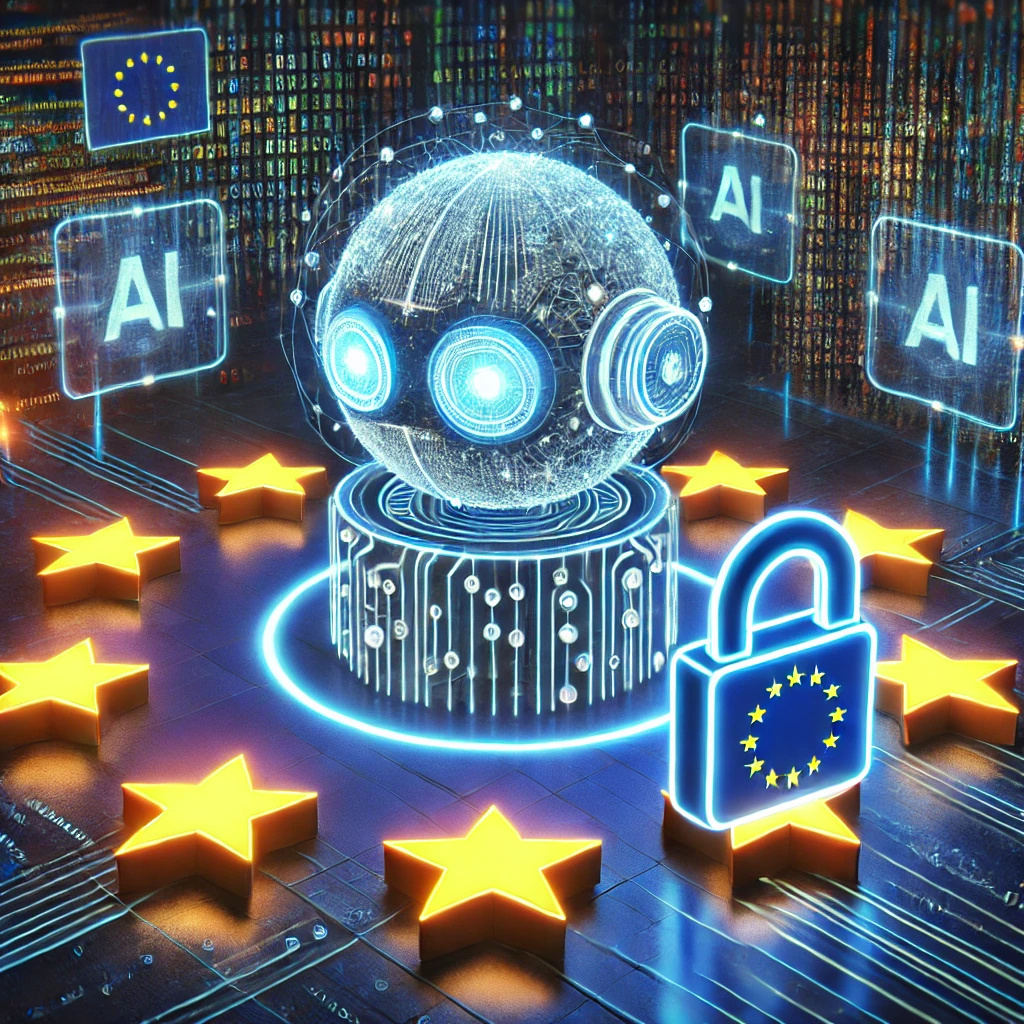Cyber Law at Norway
Cyber law in Norway is comprehensive, modern, and closely aligned with European Union standards, despite Norway not being an EU member. As a member of the European Economic Area (EEA) and the Schengen Area, Norway implements many EU directives, especially in data protection, cybersecurity, and digital commerce. Norway also actively participates in international cooperation on cybercrime and digital regulation.
Here’s a breakdown of cyber law in Norway:
🛡️ 1. Cybercrime Laws
Cybercrime is addressed primarily under the Norwegian Penal Code (Straffeloven) and various ICT-related laws. Commonly regulated cyber offenses include:
Hacking / Unauthorized Access (Section 204): Accessing computer systems without authorization is a criminal offense.
Data Interference / Sabotage (Section 205): Destroying, altering, or blocking access to digital data is illegal.
Identity Theft and Online Fraud: Covered under general fraud provisions and financial crime laws.
Cyberbullying / Online Harassment: Criminalized under provisions protecting personal dignity and privacy, especially for minors.
Child Exploitation Material: Strict laws criminalize the possession, distribution, or production of child sexual abuse material, both online and offline.
The Norwegian National Criminal Investigation Service (Kripos) operates a Cybercrime Center (NC3) dedicated to investigating and combating high-tech crime.
🔒 2. Data Protection: GDPR in Norway
Norway has implemented the EU General Data Protection Regulation (GDPR) into its national law via the Personal Data Act (Personopplysningsloven). This gives individuals strong rights and places obligations on data controllers and processors.
Key principles:
Consent & Transparency: Organizations must clearly state how data is used.
Data Subject Rights: Individuals can request access, deletion, correction, or limitation of data use.
Data Breach Notification: Required within 72 hours of discovery.
Privacy by Design: Data protection must be built into systems from the ground up.
The Norwegian Data Protection Authority (Datatilsynet) oversees and enforces GDPR compliance. They have the power to impose fines and audit organizations.
🔐 3. Cybersecurity and National Strategy
Norway takes cybersecurity seriously and has implemented multiple policies and frameworks:
🔸 National Cyber Security Strategy (2023–2027):
Focuses on securing critical infrastructure, enhancing public-private cooperation, and improving cyber resilience.
Promotes cyber education, threat monitoring, and faster response to incidents.
🔸 Key actors:
NSM (Norwegian National Security Authority): Oversees national cybersecurity efforts, incident handling, and critical infrastructure protection.
NorCERT: The national computer emergency response team (CERT) under NSM, responsible for handling cyber incidents across sectors.
🔸 Digital Security Act (Digitaliseringsdirektoratet):
Regulates how public entities and key private companies secure their digital services.
Implements the EU’s NIS Directive (Network and Information Security Directive).
💻 4. E-Commerce and Electronic Signatures
Norway has a legal framework for digital commerce and electronic signatures based on EU regulations.
Key legislation:
E-Commerce Act (Ehandelsloven): Governs liability for online platforms, spam regulation, and consumer protection.
Electronic Signature Act (E-signaturloven): Legally recognizes electronic signatures and digital contracts, ensuring they are binding and enforceable.
Consumers and businesses benefit from high levels of trust and legal certainty in digital transactions.
🧠 5. Intellectual Property (IP) Protection Online
IP law in Norway protects creators and rights holders in the digital space through:
Copyright Act (Åndsverkloven): Protects original works, including software, digital art, music, and writing.
Trademark and Patent Acts: Govern brand and invention rights, both offline and online.
Enforcement against Piracy: Norway actively enforces against illegal downloads and distribution of copyrighted material.
The Norwegian Industrial Property Office (Patentstyret) handles IP registrations and disputes.
🌐 6. Online Content Regulation
Norway has laws to regulate certain types of online content, ensuring that digital freedom is balanced with social responsibility.
Regulated content includes:
Hate speech and discrimination: Strictly prohibited under the Penal Code.
Defamation: Civil and criminal remedies are available for online libel.
Fake news and misinformation: Monitored especially in elections and public health.
Child protection: Strong laws to shield minors from harmful content online.
Platforms and ISPs can be compelled to take down or block illegal content, especially involving hate or abuse.
🌍 7. International Cooperation
Norway cooperates internationally on cyber issues through:
Council of Europe – Signatory to the Budapest Convention on Cybercrime.
Europol and Interpol – Actively participates in international law enforcement efforts.
Nordic collaboration – Works closely with Sweden, Denmark, Finland, and Iceland on regional cyber defense and policy.
EU initiatives – Though not an EU member, Norway engages with ENISA (EU cybersecurity agency) and other EU digital security platforms through its EEA membership.
✅ Conclusion
Norway has one of the most modern and mature cyber law frameworks in the world. Key features include:
Full alignment with GDPR and EU cybersecurity standards.
Strong enforcement of cybercrime laws and digital consumer protections.
National institutions like Datatilsynet, NSM, and Kripos that oversee digital safety and data protection.
Active international collaboration on global cyber threats.


















0 comments